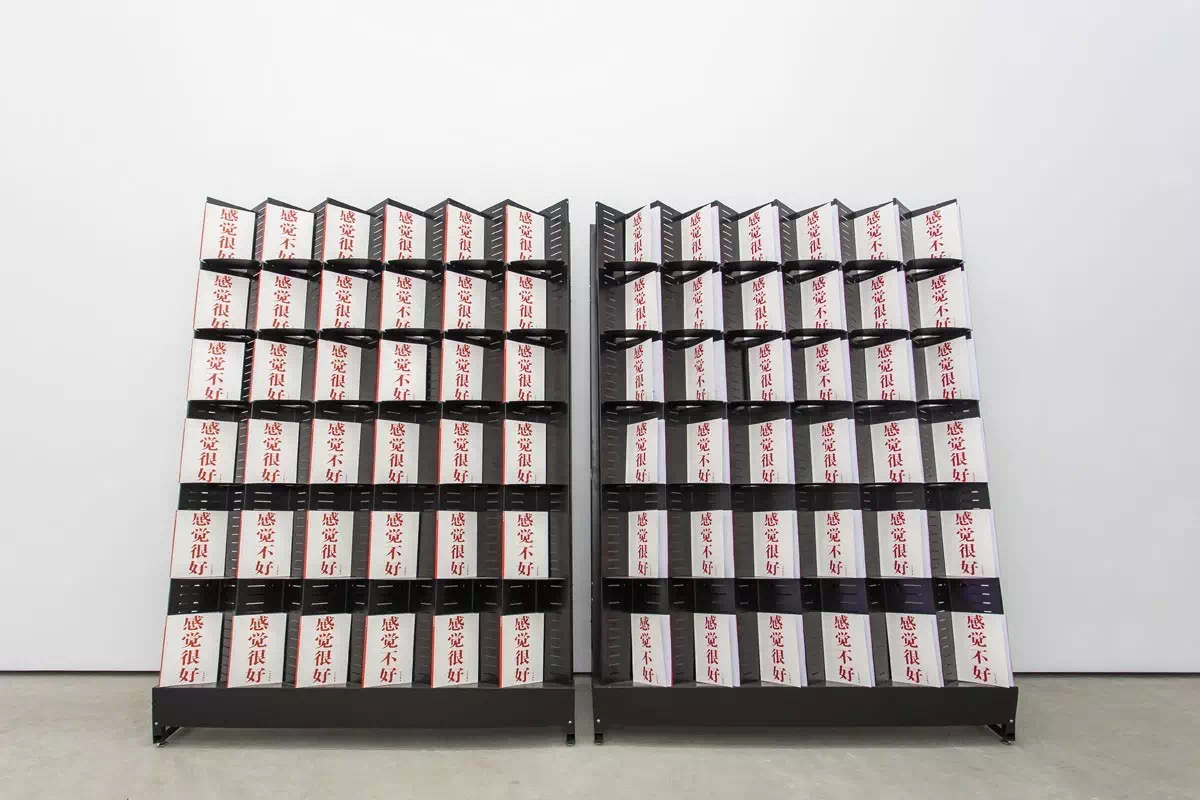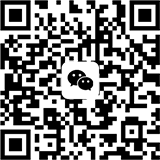EN
中
展览照片
Exhibition view
1 / 0
展期
Opening
Mar 17 - May 7 2017
Mar 17 - May 7 2017
介绍
PRESS RELEASE
健康是个需要被不同时代定义的词,当今,也许它要描述的是“身心舒畅“的状态。我们一呼一吸间都与医学相生,医学细分拓展到保健营养学等信息塑造了我们,也促成了某种追求“健康”的价值观。一些看似为我们身心健康做指导的信息无孔不入。
Health is a word that needs to be defined by different eras. In nowadays, it is perhaps used to represent a state of “physical and mental well-being”. Every breath we breathe mutually interacts with medical science, of which the subordinate disciplines of nutrition and health science prompt us to form a kind of value that pursues“health”. There is always some kind of pervasive information which seemingly provides us with instructions to achieve mentally and physical health.
二战后,对于人类而言时间有了新的概念。人类的平均寿命达到顶峰,也拥有了更多的休闲时间。在探讨如何平衡工作与生活时,商业陷入一种僵局,因为工作与生活存在着明显界限,人们也并不清楚自己想通过工作得到什么。这让商业被重新定义,为商业的野心开启了新的篇章。在人类互动形式的演变过程中,消费社会也许只是初级阶段,消费主义并不会因为人们的反对而消亡,并且由于消费者也是工作者或生产者,反对消费主义的声音并不能带来实际的效果。消费已成为无声的语言,来表达自我、进行交流、促进团结。只要人们对负担舒适条件的能力存在差异,消费社会就将继续存在。
半世纪前人们甚至还可以在地铁车厢里抽烟,随着科学的发展和人类对自身的探究,一些“正确”的科学知识渐渐向我们走来,试图帮助我们活得更久。如此是否活得更好?答案未必总是肯定的。不断更新的科学知识塑造着新的人类,给人类灌输更适应当下环境的生活方式。在这个推导过程中我们还不能忘记科学发展的背后是资本推动。 After the SecondWorld War, time acquired a new concept for human. The average life expectancy of human being reached a peak, while leisure time also increased. When thinking about how to balance between work and life, commerce became deadlocked. Since there is an apparent gap between work and life, people were also unsure about what they wished to gain from their work. This redefined commerce, and opened a new chapter for the ambition of commerce. In the evolution of the ways of human interaction, consumer society might only be the initial phase. Consumerism will not diminish as an outcome of people’s opposition to it; while the consumer is also the labour or producer, the voices to oppose consumerism will not lead to solid effects. Consumption is developed to a silent language to express oneself, conducting communication, and stimulate collaboration. The consumer society will keep existing, as long as there is still divergence in people’sability to afford a decent life.
Half a century ago it was even allowed to smoke in the subway train. With science development and the study of human, some “accurate” scientific knowledge approached us, attempting to help us live longer. Does life become better? The answer is perhaps not always positive. The endless renewing scientific knowledges shape new thoughts, cultivate people with lifestyles that conforms better to the thecontemporary environment. In this deductive process, we should not forget that capital is the driving force for scientific development.
半世纪前人们甚至还可以在地铁车厢里抽烟,随着科学的发展和人类对自身的探究,一些“正确”的科学知识渐渐向我们走来,试图帮助我们活得更久。如此是否活得更好?答案未必总是肯定的。不断更新的科学知识塑造着新的人类,给人类灌输更适应当下环境的生活方式。在这个推导过程中我们还不能忘记科学发展的背后是资本推动。 After the SecondWorld War, time acquired a new concept for human. The average life expectancy of human being reached a peak, while leisure time also increased. When thinking about how to balance between work and life, commerce became deadlocked. Since there is an apparent gap between work and life, people were also unsure about what they wished to gain from their work. This redefined commerce, and opened a new chapter for the ambition of commerce. In the evolution of the ways of human interaction, consumer society might only be the initial phase. Consumerism will not diminish as an outcome of people’s opposition to it; while the consumer is also the labour or producer, the voices to oppose consumerism will not lead to solid effects. Consumption is developed to a silent language to express oneself, conducting communication, and stimulate collaboration. The consumer society will keep existing, as long as there is still divergence in people’sability to afford a decent life.
Half a century ago it was even allowed to smoke in the subway train. With science development and the study of human, some “accurate” scientific knowledge approached us, attempting to help us live longer. Does life become better? The answer is perhaps not always positive. The endless renewing scientific knowledges shape new thoughts, cultivate people with lifestyles that conforms better to the thecontemporary environment. In this deductive process, we should not forget that capital is the driving force for scientific development.
资本运作需要激发市场需求,愈加多元的产品引发更多的需求。资本主义经济模式对“健康”的定义在方法论中具体化。所以,对“健康”(并无法定义什么是这里所讲的健康,只是用这个词便于交流)这种状态的追求可以在人类发展史、社会经济发展史中得到解释,得以由小见大地探索人类本质,一瞥现代生存关怀。
由于当下人类越发注重对于未知经历的探索以及对现有实践的探究,因此在消费社会继续存在的同时可能会对人类原生状态发出挑战。这是个有关生存或者说如何活的话题, 引发李亭葳对这种文化现象和生活状态寻因的兴趣。这时艺术家更像一个生活在当代的信息采集者,围绕当代生活的心理状态和身体感知重组再摆放。这个项目中,有些作品是以一个幽默的提醒来讽刺现代人; 有些部分从人类发展角度出发, 结合身体的历史、社会对身体的要求来看待这些现象;另外,参考尼采关于身体和权利意志的理论,深层探究了人类追求身心舒畅的哲学原因及实践方式。与其说分析,不如说是行动后的一次反思,在一场观赏中提出的疑问。 Capital operation requires to stimulate the market demand; increasing diversity of the industrial products generates increasing demands. The definition of “health” by the capitalist economic mode is specialized in this process of producing and consuming. Hence the pursuit of “health” can find its explanation in the history of human development and the history of socioeconomic development, which allows us to explore the human nature from tiny clues, while taking a glimpse into the ethical care upon modern human survival.
Since human nowincreasingly draw attention to explore unknown experiments and existingpractices, human might also challenge their primitive living state while consumersociety continues to exist. This is a matter of survival, or rather, how tolive a life, which leads to the artist’s interest in this cultural phenomenonand living condition. The artist, therefore, resembles more an informationcollector living in the present, reconstructing and resetting these informationabout contemporary mental condition and physical perception. In this project, some of the works mock contemporary people with a humorous remind; while somereview such phenomena with a perspective derived from human development, alongside with history of the body as well as social anticipation of the body.With reference to Nietzsche’s arguments upon the body and the will to power, this project deeply investigates the philosophical causes and practical methodsof human’s pursuit of physical and mental well-being. Instead of an analysis, it is rather a reflection following an action, a question raised during aviewing.
由于当下人类越发注重对于未知经历的探索以及对现有实践的探究,因此在消费社会继续存在的同时可能会对人类原生状态发出挑战。这是个有关生存或者说如何活的话题, 引发李亭葳对这种文化现象和生活状态寻因的兴趣。这时艺术家更像一个生活在当代的信息采集者,围绕当代生活的心理状态和身体感知重组再摆放。这个项目中,有些作品是以一个幽默的提醒来讽刺现代人; 有些部分从人类发展角度出发, 结合身体的历史、社会对身体的要求来看待这些现象;另外,参考尼采关于身体和权利意志的理论,深层探究了人类追求身心舒畅的哲学原因及实践方式。与其说分析,不如说是行动后的一次反思,在一场观赏中提出的疑问。 Capital operation requires to stimulate the market demand; increasing diversity of the industrial products generates increasing demands. The definition of “health” by the capitalist economic mode is specialized in this process of producing and consuming. Hence the pursuit of “health” can find its explanation in the history of human development and the history of socioeconomic development, which allows us to explore the human nature from tiny clues, while taking a glimpse into the ethical care upon modern human survival.
Since human nowincreasingly draw attention to explore unknown experiments and existingpractices, human might also challenge their primitive living state while consumersociety continues to exist. This is a matter of survival, or rather, how tolive a life, which leads to the artist’s interest in this cultural phenomenonand living condition. The artist, therefore, resembles more an informationcollector living in the present, reconstructing and resetting these informationabout contemporary mental condition and physical perception. In this project, some of the works mock contemporary people with a humorous remind; while somereview such phenomena with a perspective derived from human development, alongside with history of the body as well as social anticipation of the body.With reference to Nietzsche’s arguments upon the body and the will to power, this project deeply investigates the philosophical causes and practical methodsof human’s pursuit of physical and mental well-being. Instead of an analysis, it is rather a reflection following an action, a question raised during aviewing.
艺术家
ARTIST

我通常用物体、雕塑、声音、图像和视频来重组所研究的话题,围绕精神、意识、认识和身体的关系创造充满体验感的空间。 My works with objects, videos, sound ofall kinds and engages in researching mental conditions and health issues.
李亭葳 Li Tingwei




